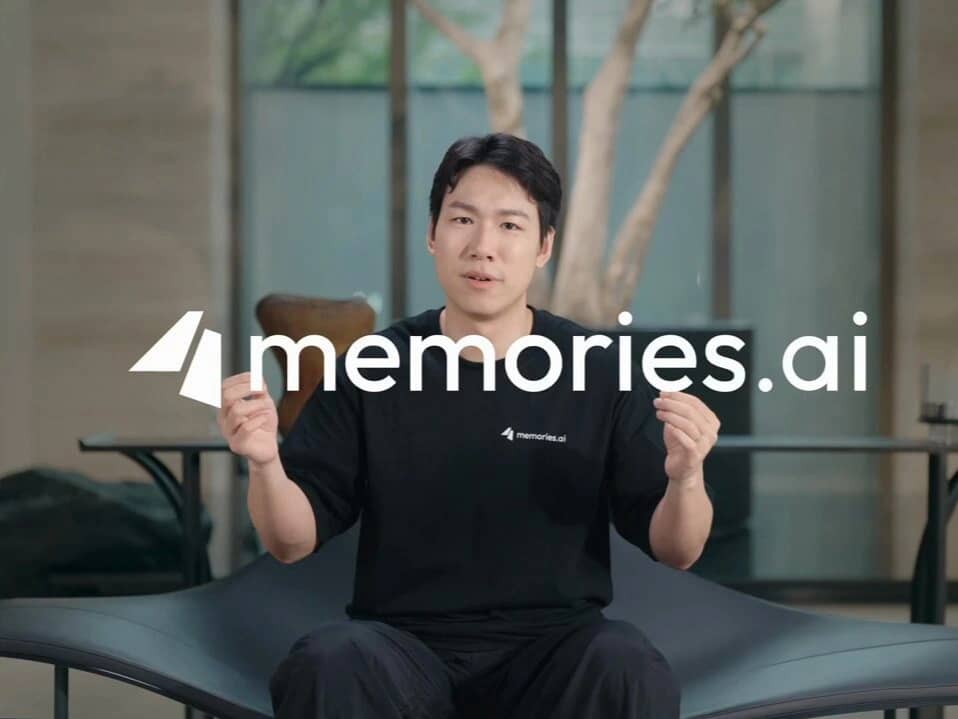订阅 wiki
Share wiki
Bookmark
Shawn Shen
Shawn Shen
Shawn Shen 是一位人工智能研究员和企业家,最著名的是人工智能研究实验室 Memories.ai 的联合创始人兼首席执行官。在创立公司之前,Shen 曾是 Meta Reality Labs 的人工智能研究科学家。[1] [2]
教育背景
Shen 拥有剑桥大学计算机科学博士学位。他在计算机科学方面的学术背景为他后来在大型科技公司从事人工智能研究以及后来成为企业家奠定了基础。[3] [1]
职业生涯
获得博士学位后,Shen 加入 Meta,担任其 Reality Labs 部门的人工智能研究科学家。在 Meta 工作期间,他参与了公司在人工智能方面的研发工作。他认为在 Meta 的经历帮助塑造了他的愿景,并指出了其“自下而上”的创新文化以及与其他研究人员合作的机会。然而,Shen 也对公司内部频繁的重组表示失望,他认为这对于那些经理和目标经常变化的研究人员来说可能是“浪费时间”。这种经历,加上“创办一家伟大的公司”的个人抱负,导致他在 2024 年底离开了 Meta。[1]
2024 年,Shen 与 Ben Zhou 共同创立了 Memories.ai,Ben Zhou 也是 Meta Reality Labs 的前研究员。作为首席执行官,Shen 领导公司的技术愿景和业务战略。该公司的成立是为了解决 Shen 认为人工智能能力方面的一个关键差距:长期视觉记忆。在他的领导下,该公司获得了大量的种子资金,并开始了一场积极的人才收购活动,以与已建立的科技巨头竞争顶尖的人工智能研究人员。[2]
Memories.ai
Memories.ai 是一家人工智能研究公司,由 Shen 和 Ben Zhou 于 2024 年创立。该公司的既定使命是开发具有类似人类视觉记忆能力的人工智能。[2]
概述和技术
Memories.ai 的核心创新是开发了该公司所谓的世界上第一个大型视觉记忆模型 (LVMM)。这项技术旨在解决许多人工智能系统中的一个根本限制,这些系统通常只能处理和回忆来自短视频片段的信息,之后它们的上下文就会丢失。LVMM 使人工智能能够捕获、构建和索引大量的视频数据,从而创建一个持久且可搜索的“视觉记忆层”。这使人工智能能够理解上下文、识别重复模式并检测长时间内的变化,从而有效地为其提供视觉输入的长期记忆。Shen 将该产品描述为“适用于您的视频库的 ChatGPT,具有无限的视频上下文!”[3]
Shen 表示,虽然像谷歌的 Gemini 这样的领先模型仅限于分析大约一小时的视频,但 LVMM 的上下文窗口是“几乎无限的”。该公司还声称其视频理解基准测试表明“超低的幻觉率”。根据 Shen 在 2025 年 7 月分享的性能基准测试,Memories.ai 在 MVBench 上获得了 64.5% 的分数,高于当时谷歌和 OpenAI 模型报告的分数。到 2025 年 9 月,该平台已经分析了超过 1000 万小时的视频来训练其 LVMM。[3] [2]
在关于公司重点的声明中,Shen 说:“在这次生成式人工智能革命的最初 3 年里,大部分进步和价值都是在文本中创造的。视频是最密集和最有趣的的信息格式,我们相信未来十年将看到人工智能的巨大进步。我们正在不知疲倦地推动这场革命。”[2]
融资和增长
2025 年夏天,Memories.ai 宣布已筹集了 800 万美元的种子轮融资。该轮融资包括 Susa Ventures、Samsung Next、Crane Venture Partners、Fusion Fund、Seedcamp 和 Creator Ventures 等投资者的参与。这笔资金用于支持公司的研究及其在竞争激烈的人工智能领域招募顶尖人才的努力。[1] [2]
该公司于 2025 年 7 月 24 日正式向公众推出。不久之后,在 2025 年 7 月 28 日,它被技术发现平台 Product Hunt 评为当日排名第一的产品。为了鼓励在其平台上进行采用和开发,Memories.ai 于 2025 年 8 月 4 日向公众发布了其 API,允许开发人员构建利用其视觉记忆技术的多模式人工智能代理。[3]
招聘策略
2025 年 9 月,Memories.ai 发起了一场积极的招聘活动,公开宣布将提供高达 200 万美元的薪酬方案,以吸引来自 Meta、谷歌、微软、Anthropic 和 xAI 等主要科技公司的顶尖人工智能研究人员。Shen 将这一策略定位为对硅谷“人才争夺战”的直接回应,大型公司正在提供数百万美元的薪酬方案以留住关键人员。他说:“这是因为马克·扎克伯格发起了人才争夺战。当我听说他们的薪酬方案时,我感到震惊——真的达到了数千万美元的范围。”[1]
薪酬方案的结构非常重视股权而非现金,Shen 指出:“我们欢迎那些想要获得更多股权而不是现金的人……我们将把这些员工视为创始成员,而不是员工。”该公司的招聘目标是在宣布后的六个月内引进三到五名研究人员,并在随后的六个月内再引进五到十名研究人员。这一策略成功地吸引了备受瞩目的人才,包括任命拥有超过 13 年机器学习经验的 Meta 前研究科学家 Chi-Hao (Eddy) Wu 于 2025 年 9 月 4 日担任公司首席人工智能官。[1] [2]
个人生活
截至 2025 年 9 月,Shen 28 岁,居住在英国剑桥。他亲自参与了公司技术应用的测试。2025 年 8 月,他透露自己已经使用物理录音设备几个月来记录自己的生活经历。然后,这些录像由 Memories.ai 平台处理,以创建一个基于他自己记忆的高度个性化的人工智能助手。[1] [3]
发现错误了吗?
